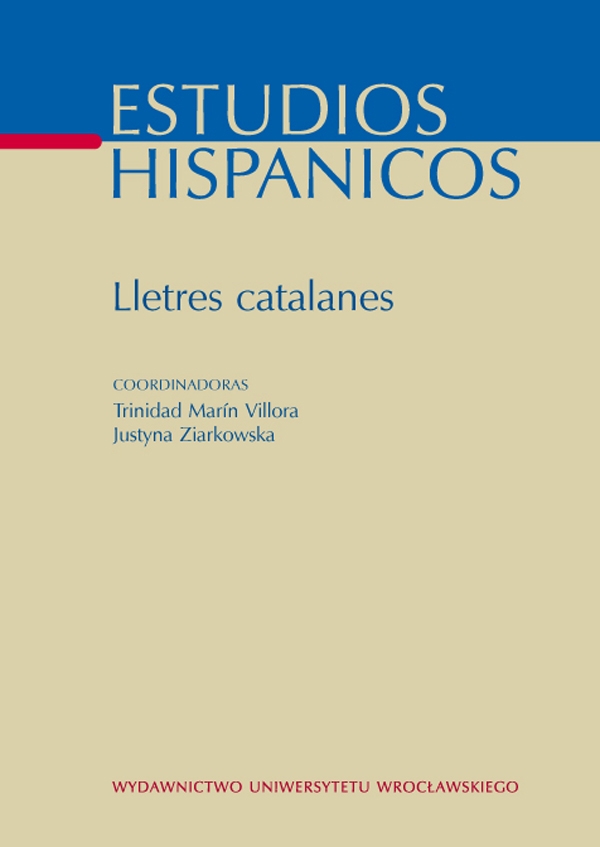

Estudios

Language, literature, and fantasticity in two Pere Calders’ short stories
Pere Calders is one of the most recognised contemporary Catalan authors, especially on account of his uses of humorous and fantastic motives. In the present article two of his short stories are analysed as samples of involvement between fantasticity, on the one hand, and literality, metafiction and discourse construction on the other. It is showed how the narrative voice manipulates language semantically, syntactically and pragmatically in order to create ambiguity and, therefore, enlarge the limits of reality. If narrator’s parody strategy is seen as the representation of the unreal in front of everyday life, and reality as what certainly tortures and strongly worries people in the name of reason, we can conclude that in Calders’ short stories unreality is subtly invaded by the real, producing at the same time aparody of aparody in itself.